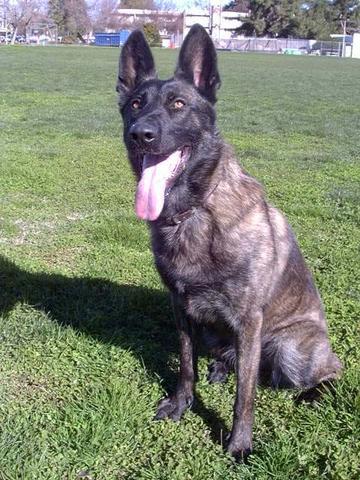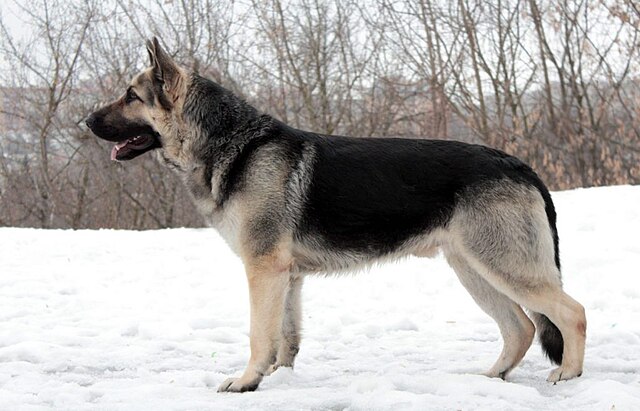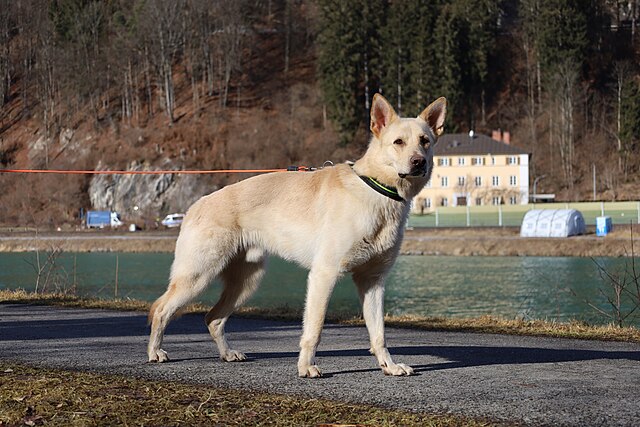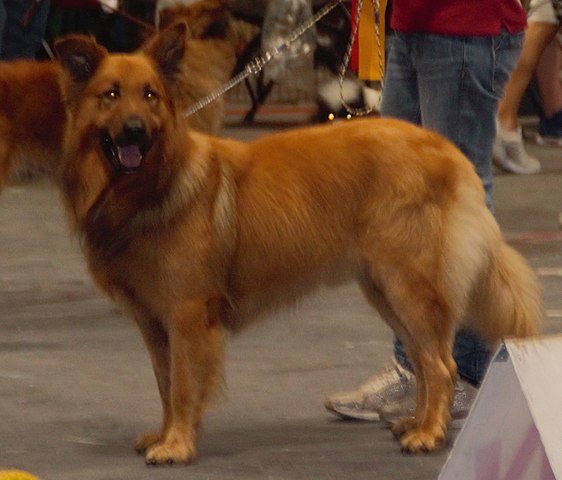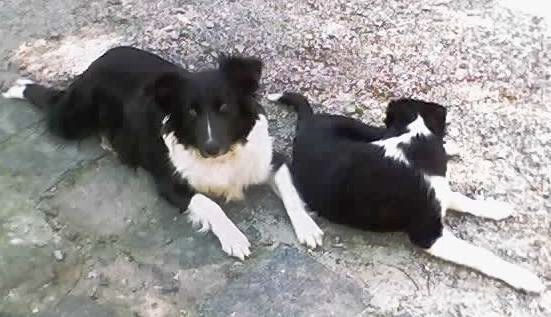The Dutch Shepherd is an incredibly versatile dog which can function well as a companion as long as he is given plenty of work to do. The breed’s striking looks, fierce intelligence and loyal nature attracts many, but few people can actually handle a dog of this caliber. He was never meant to be a couch potato or “just a pet” – he desires to have a job to do. Many are employed in the police force, serve as security dogs, work as service dogs, participate in search and rescue efforts and/or herd sheep in vast pastures. Other common jobs for the breed include flyball, agility, tracking, obedience, nosework, rally, dock diving, weight pull, disc dog and protection sports.
Not only does the DS require lots of mental exercise, but this large breed also needs more physical exercise than the typical dog owner can provide. With an average lifespan of 12-14 years, an owner must be prepared to dedicate plenty of time for many years to condition and maintain the dog. Having a big yard isn’t good enough, nor is a short walk enough for this athletic breed. Being employed as a long-distance hiking companion is more akin to the Dutch Shepherd’s exercise needs. With adequate exercise, however, the breed is surprisingly calm indoors unless there is reason for him to be “on”.
The Dutch Shepherd comes in one of three different coat types – smooth, long-haired or wire-haired (all 3 are double coats). In any coat, the only color that is permitted is brindle although the brindle may range from golden to silver colored. Because they are a rare breed they are often confused with either a Belgian Malinois or a German Shepherd Dog, however neither of these breeds ever comes in a brindle pattern, which is a quick and easy way to tell the DS apart from his look-alike cousins. As might be surmised, the short coat is the easiest to care for however also tends to shed the most.
As long as they have been socialized to them, the DS gets along very well with both cats and other dogs. They also get along great with kids. With strangers, they are cordial but can be suspicious. They have a natural protective instinct that will often come out if they feel their family is in danger – this usually does not need to be trained. Make no mistake – these loyal, intuitive dogs love their families. If danger arrives, they will turn from affectionate animals into protective beasts! Because they are so in-tune with “their people”, separation anxiety is an issue that is seen in the breed.
The Dutch Shepherd must be given firm leadership from the time they first arrive in the house or they may try to take charge. Obedience training is a must! Despite the fact that they learn quite easily for the most part, some have stubborn streaks. This is due to the fact that they were bred to work with humans… while still retaining a lot of independence and ability to make decisions on their own. Make sure to be firm, but always fair. Furthermore, these smart dogs can get bored easily, especially with too much repetition, so it pays to keep the dogs guessing by mixing up the training routine!
Beyond his obvious merits (intelligence and worth as a working dog), the rugged DS has many other special features. He is able to handle almost all weather conditions with no problems. He is also exceptionally healthy with very few health problems seen, which means he will remain playful and energetic even into old age. The breed isn’t known to be overly loud, although he will bark when someone comes to the door. Finally, he is known to be incredibly reliable as long as he has been trained.
